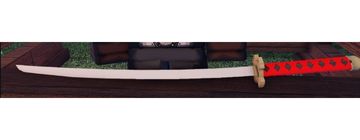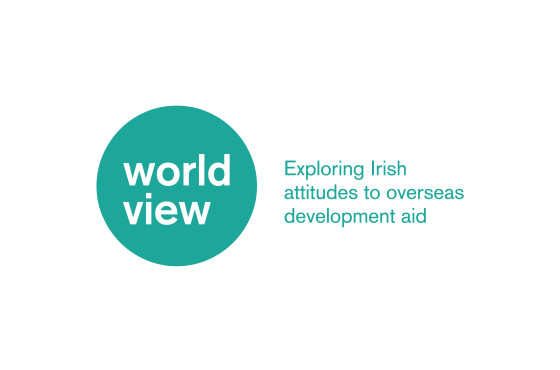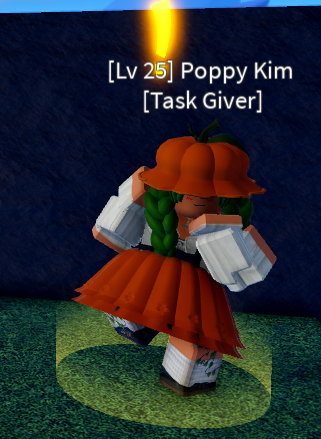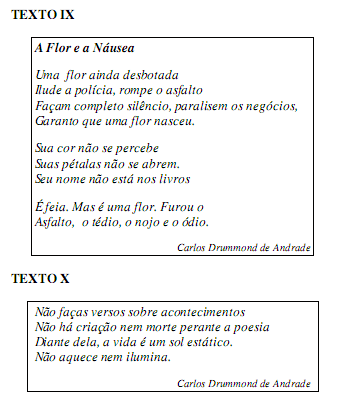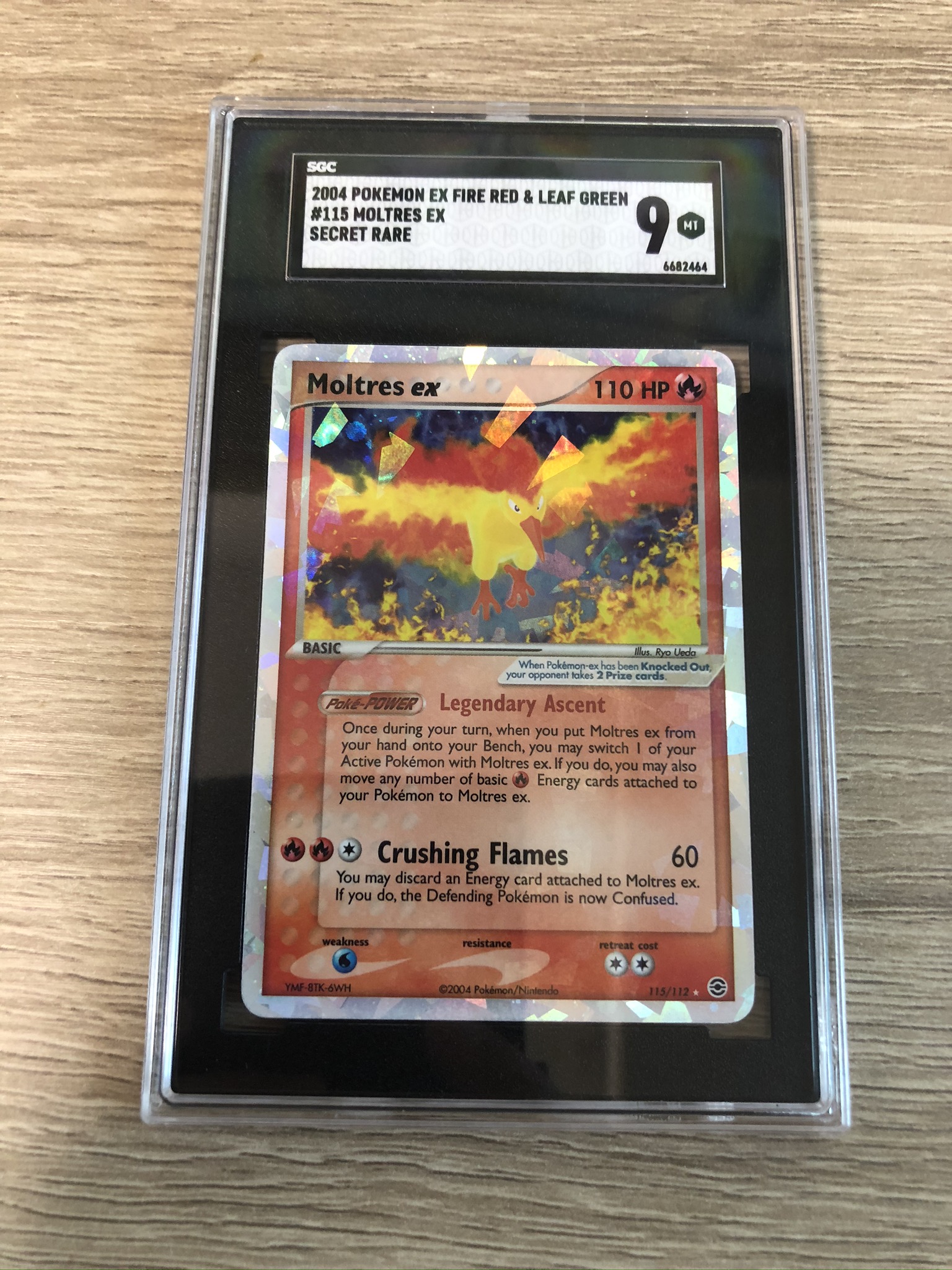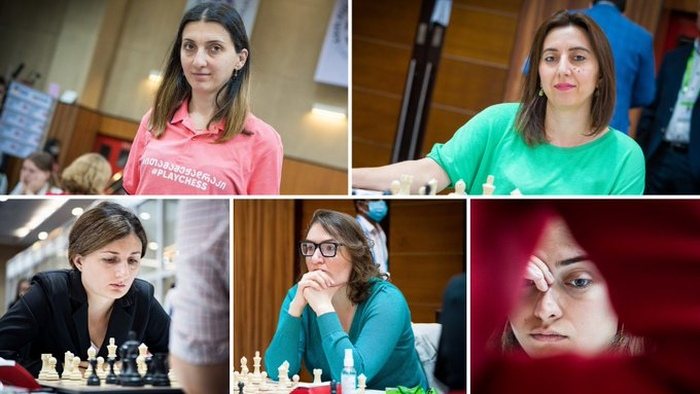Geo-wiki and Cropland Capture: Citizen scientists help identify arable land
Por um escritor misterioso
Descrição
In order to fully understand how land is being used for food production and foresee how land use will change in the future, reliable crop maps are essential. Not only can crop maps help identify yield gaps and monitor crops affected by drought, they can also help tackle environmental issues. As agricultural expansion is a major cause of deforestation, knowing where new crops are grown could assist calculations of additional greenhouse gas emissions, useful for initiatives to reduce emissions from deforestation, or determining the implications of climate change on crop production. But at present, there is no single global land cover product available that accurately displays where crops are grown. Some land cover maps even disagree over vast areas of the Earth’s surface. With the ambition to improve the quality of global land cover maps, a team based at the International Institute for Applied Systems Analysis (IIASA) started the pioneering Geo-Wiki project, a geospatial Wikipedia that uses the growing body of satellite imagery, Google Earth as a platform and crowdsourcing as the mechanism for collecting and verifying data. Geo-Wiki: An online platform for improving global land cover maps Up and running since 2009 the Geo- Wiki project is a global network of online volunteers that want to help improve the quality of global land cover maps. This crowd-sourcing activity aims to reverse the usual top-down flow of data by allowing users from all over the world to be part of the process. Volunteers are asked to review hotspot maps of global land cover where there have been disagreements over what they are showing, and based on what they actually see in Google Earth and their local knowledge determine if the land cover maps are correct or incorrect. Their inputs are recorded in a database, along with uploaded photos, to be used in the future for the creation of a new and improved global land cover map. Once in the system, the Geo-Wiki project collects, analyses and filters the information and shares it with the scientific community. Gaming with a purpose The process of identifying land cover is time consuming and requires a lot of manpower. With the goal to attract larger numbers of participants and to develop a solid map database the Geo-Wiki project turned to gaming. “Cropland Capture” is a game built on a fairly simple idea: players travel through satellite images of the Earth looking for arable land and collect points. Throughout the process, players are presented with a red rectangle placed on top of satellite imagery. They are asked to determine if there is any evidence of cropland within the rectangle. They can answer yes, no, or maybe, if they are unsure. If gamers are in the location they are analysing they can even upload a photo of the area which will be added to the database. Gamers are awarded points throughout the game and within just a few weeks, this fun and easy-to-use game attracted thousands of gamers helping to map out our global land cover bit by bit. The gamers help scientists not only find global crop cover, but also improve the available products and verify the maps. The more the players agree on the land cover, the higher scores they achieve and the faster they progress in the game. The data from the game will also be analysed for quality, which will help to better understand how data collected through crowdsourcing can be used for scientific research. In addition to interactive projects like Cropland Capture, Geo-Wiki also runs crowd-sourcing campaigns to collect data to helpanswer specific research questions such as land availability for biofuels, wilderness mapping and land grabbing. Science + Gaming: The new frontier Involving gamers in research projects like this is a new way of working, with exciting results and multiple benefits. Many researchers today lack time and capacity, and it would require an immense research troop to go through the same amount of satellite imagery that have now been made possible with online support. With outside help maps can be scrutinized while researchers themselves focus on analysing the results. Future plans include expanding the game to other land cover types, in particular forests, and for classifying pictures. This will make Geo-tagged photos available on the internet and from the Geo-Wiki picture app. Moreover, social media are an untapped source of validation data that can be used to improve land cover. Partners The Cropland Capture game was developed with support from the CGIAR Research Program on Climate Change, Agriculture and Food Security (CCAFS), and the Austrian Research Promotion Agency (FFG) through its space application program ASAP. The Geo-Wiki project was developed by the International Institute for Applied Systems Analysis (IIASA) and financed by the European Commission via framework funding. Key Links and Resources Visit the Geo-Wiki projectVisit the Cropland Capture websiteDownload the flyerNews Story on the Observer: How online gamers are solving science's biggest problemsBlog: Play the new geo-wiki game: Cropland capture Photo 1: J. Peacock Photo: 2: Mancio
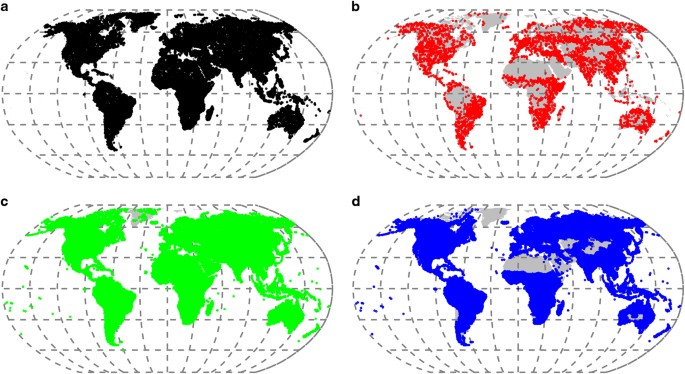
A global dataset of crowdsourced land cover and land use reference

Arable land - Wikipedia

Displaying the different land cover classes of GlobCover over

PDF) A global reference database of crowdsourced cropland data

PDF) Geo-Wiki.Org: The Use of Crowdsourcing to Improve Global Land
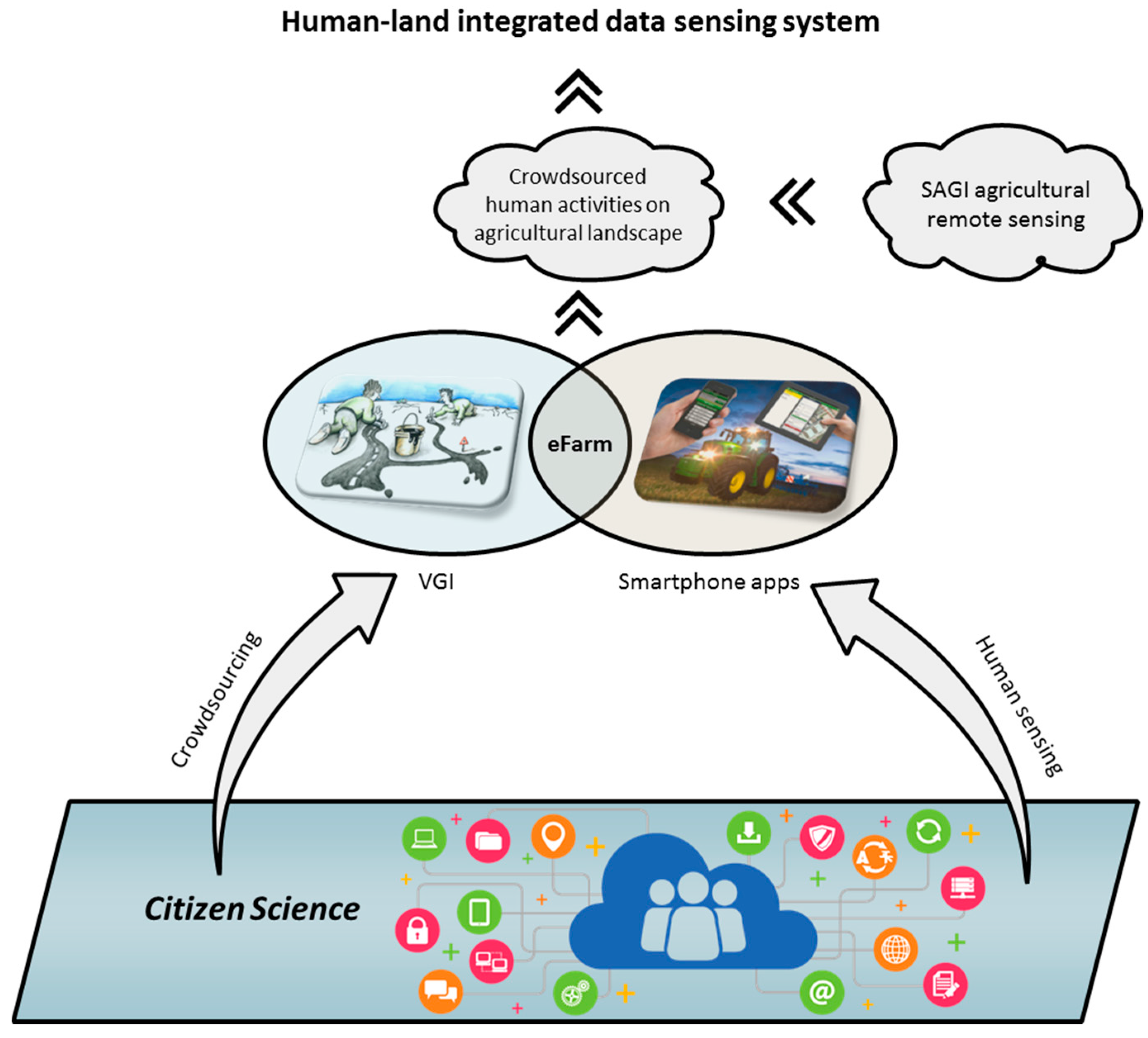
Sensors, Free Full-Text

Geo-Wiki: An online platform for improving global land cover
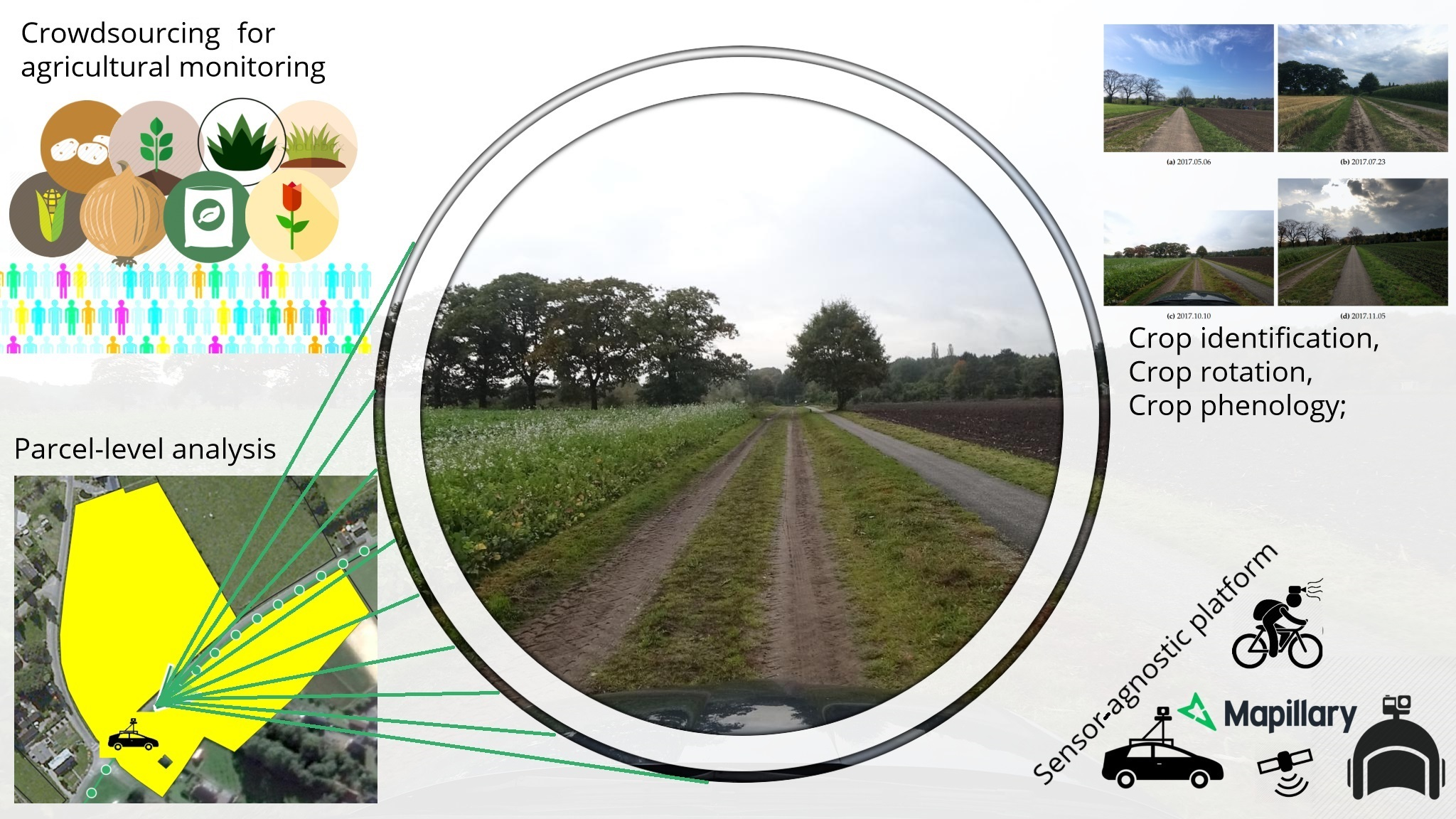
Land, Free Full-Text

Geo-Wiki: An online platform for improving global land cover
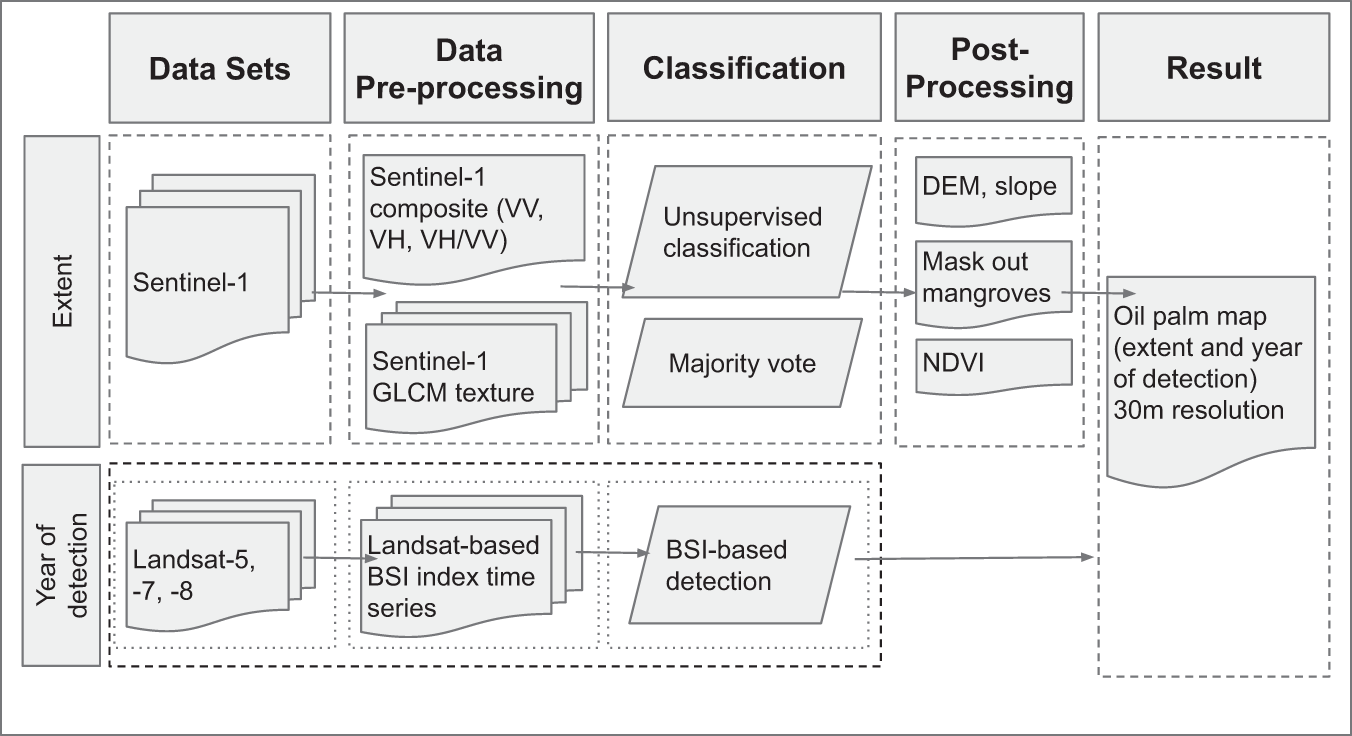
A map of the extent and year of detection of oil palm plantations
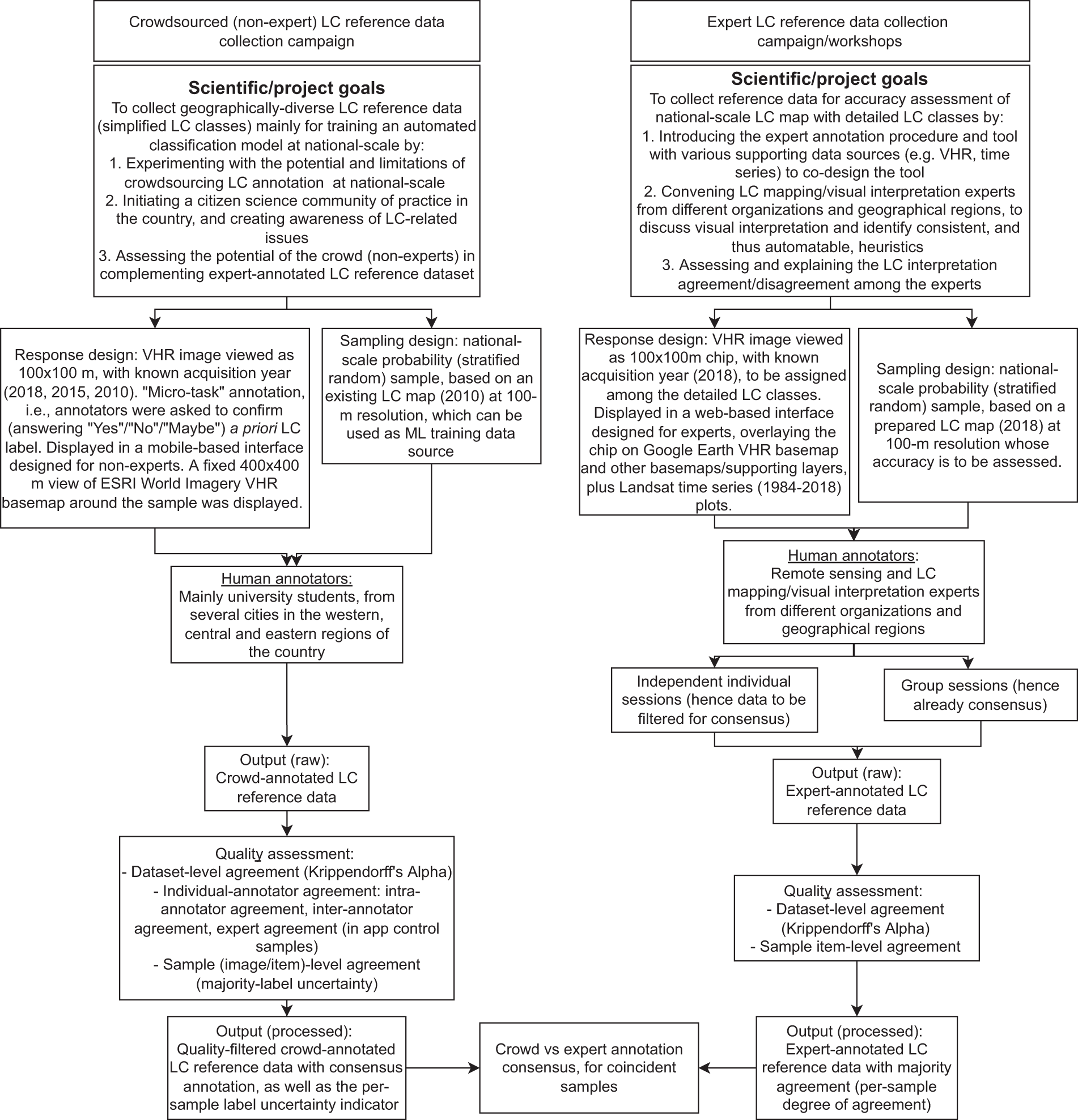
A national-scale land cover reference dataset from local

Play the new geo-wiki game: Cropland capture

Lower cost greenhouse gas emission estimates for agriculture
de
por adulto (o preço varia de acordo com o tamanho do grupo)
